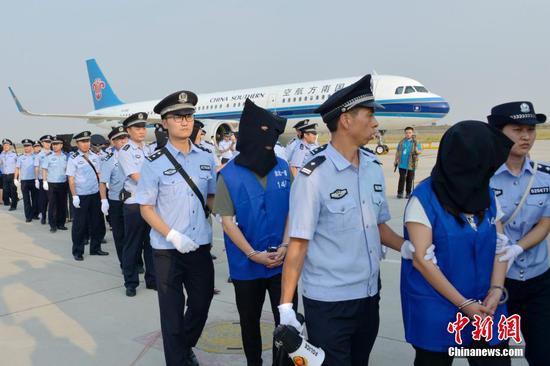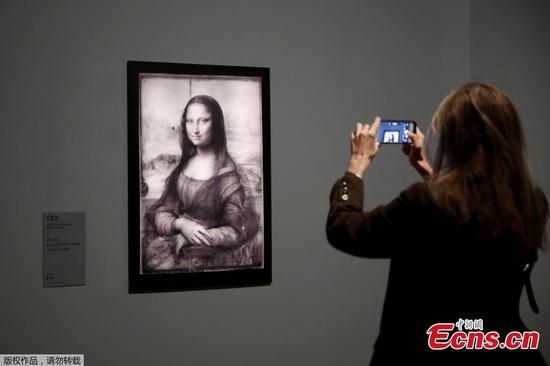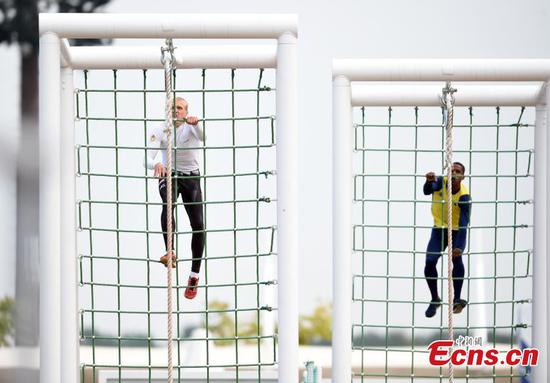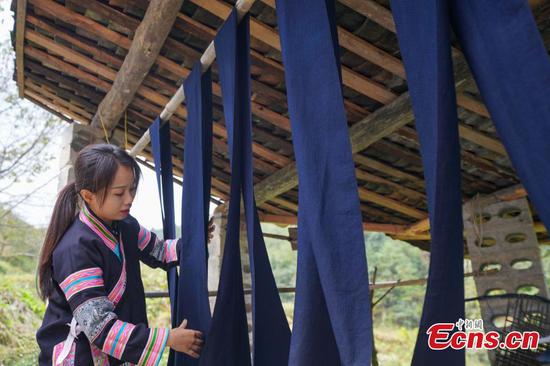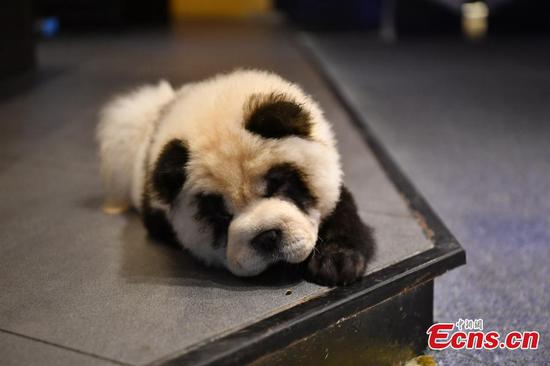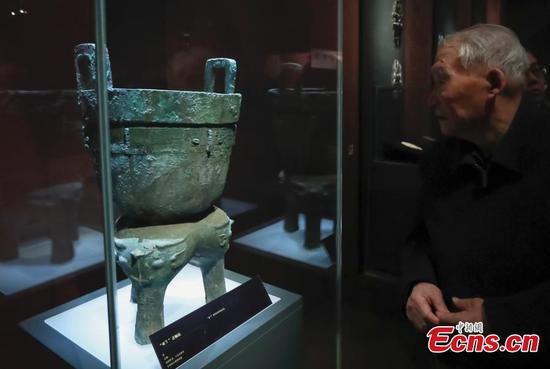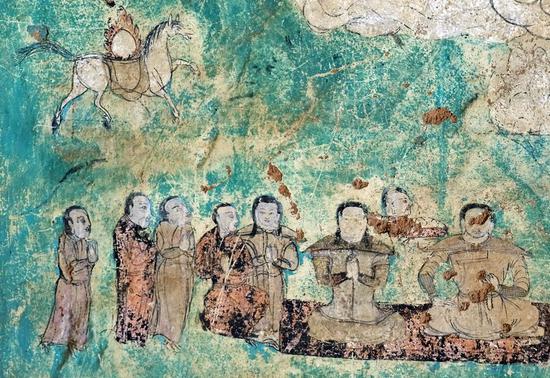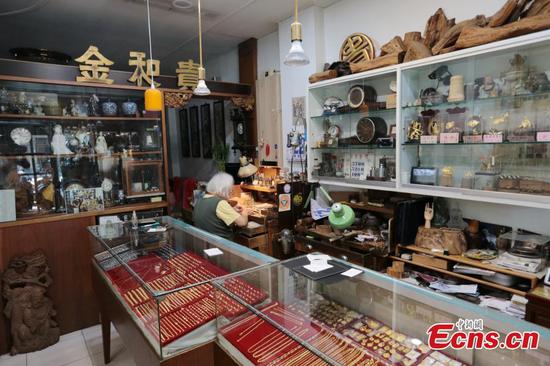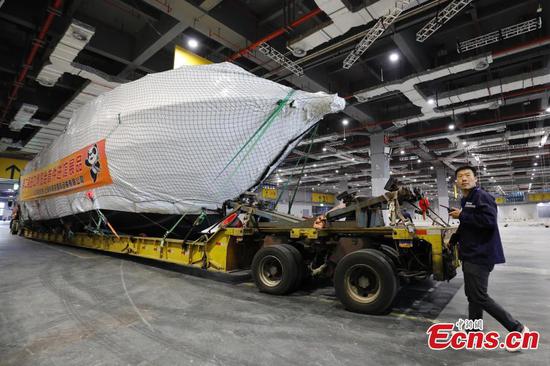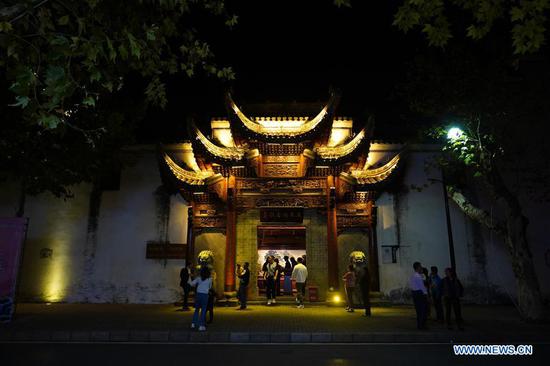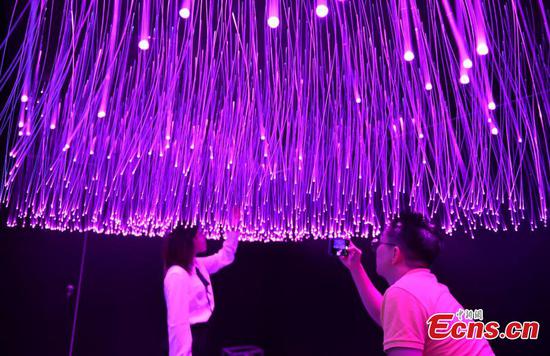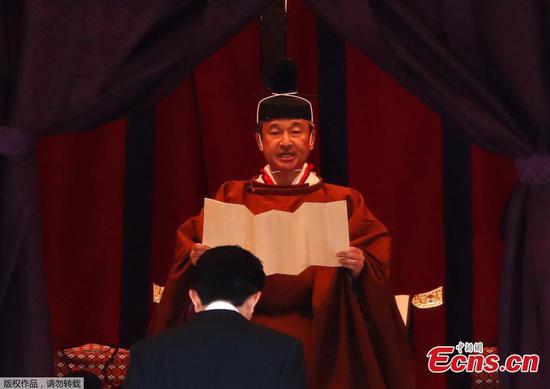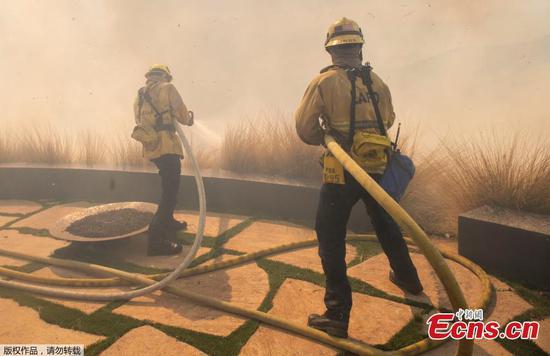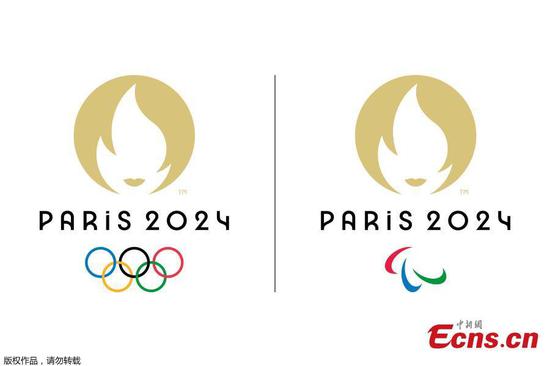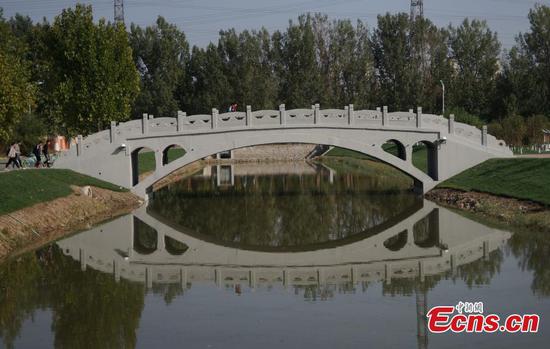China and the United States should properly manage and control differences, continue to move bilateral relations forward and deliver mutual benefits through cooperation, Premier Li Keqiang said on Wednesday.
During a meeting in Beijing with former U.S. Treasury secretary Henry Paulson, Li said the two nations should follow the consensus reached by President Xi Jinping and U.S. President Donald Trump and advance bilateral relations featuring coordination, cooperation and stability on the basis of equality and mutual respect.
"That is in the interests of both of our countries and the whole world," he said.
In the face of a complex and changing international landscape, China remains steadfast in expanding opening-up and pursuing peaceful development, Li said.
The country stands ready to work with all other members of the global community, including the U.S., to promote world peace, development and cooperation, he added.
Li lauded the long relationship between Paulson and China that stretched back several decades, saying that China appreciates his efforts to promote bilateral ties and cooperation, including people-to-people exchanges.
He also expressed his hope that the Chicago-based Paulson Institute can continue to play an active role in promoting bilateral relations and enabling better understanding between the two peoples.
Paulson, who has visited China over 100 times, said that U.S.-China relations are now at a critical juncture, and he is "very hopeful" that the two nations can complete the first phase of a trade agreement which will inject positive momentum into bilateral relations.
He noted that increased trade between the two countries benefits citizens of both countries by creating opportunities and increasing growth.
As this year marks the 40th anniversary of the establishment of U.S.-China relations, both countries need to find new ways of managing bilateral ties, he said.
Paulson, who set up the Paulson Institute — a nonpartisan body that promotes sustainable economic growth and a cleaner environment — in 2011, said the institute will continue to contribute strength and wisdom to the growth of bilateral ties.









